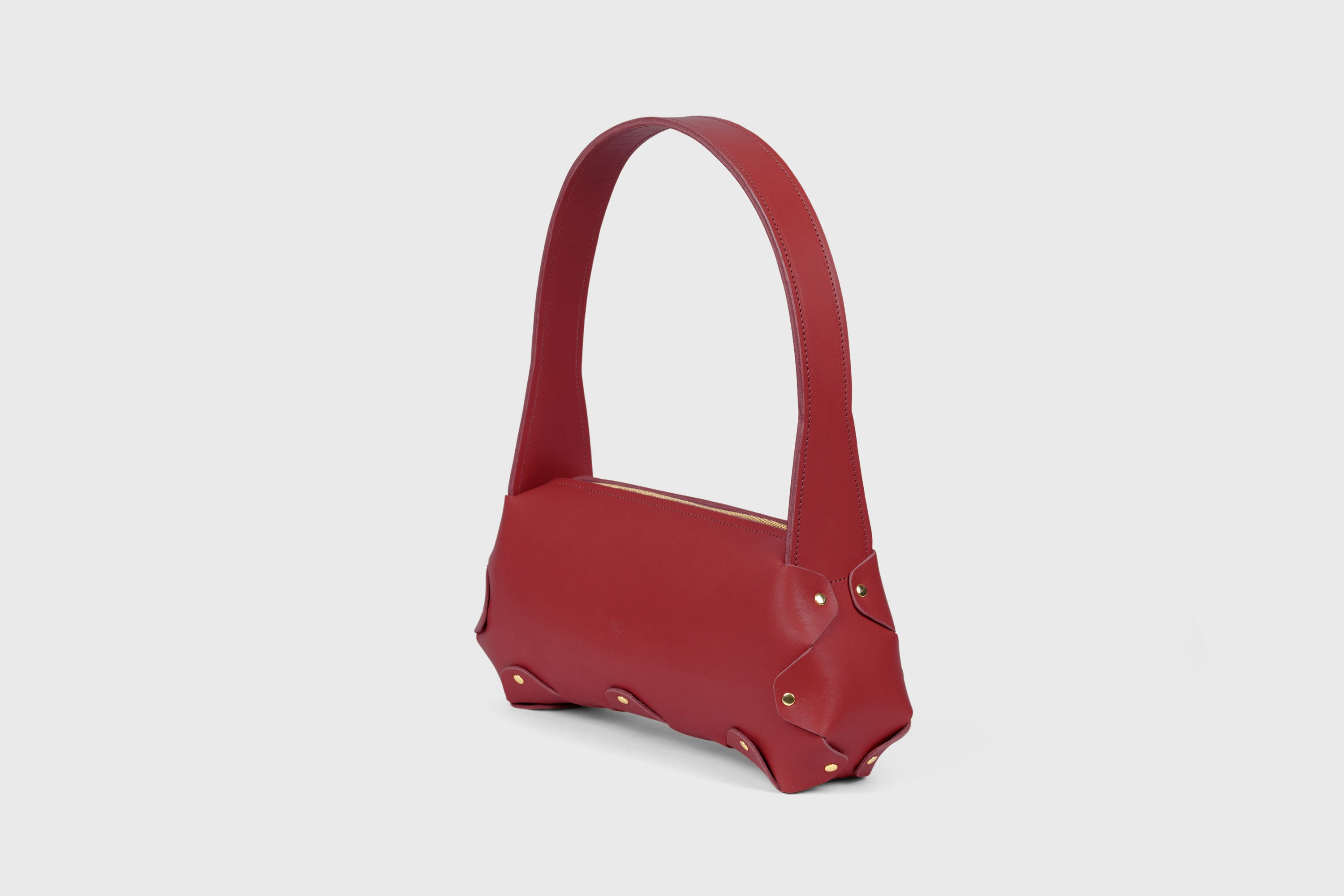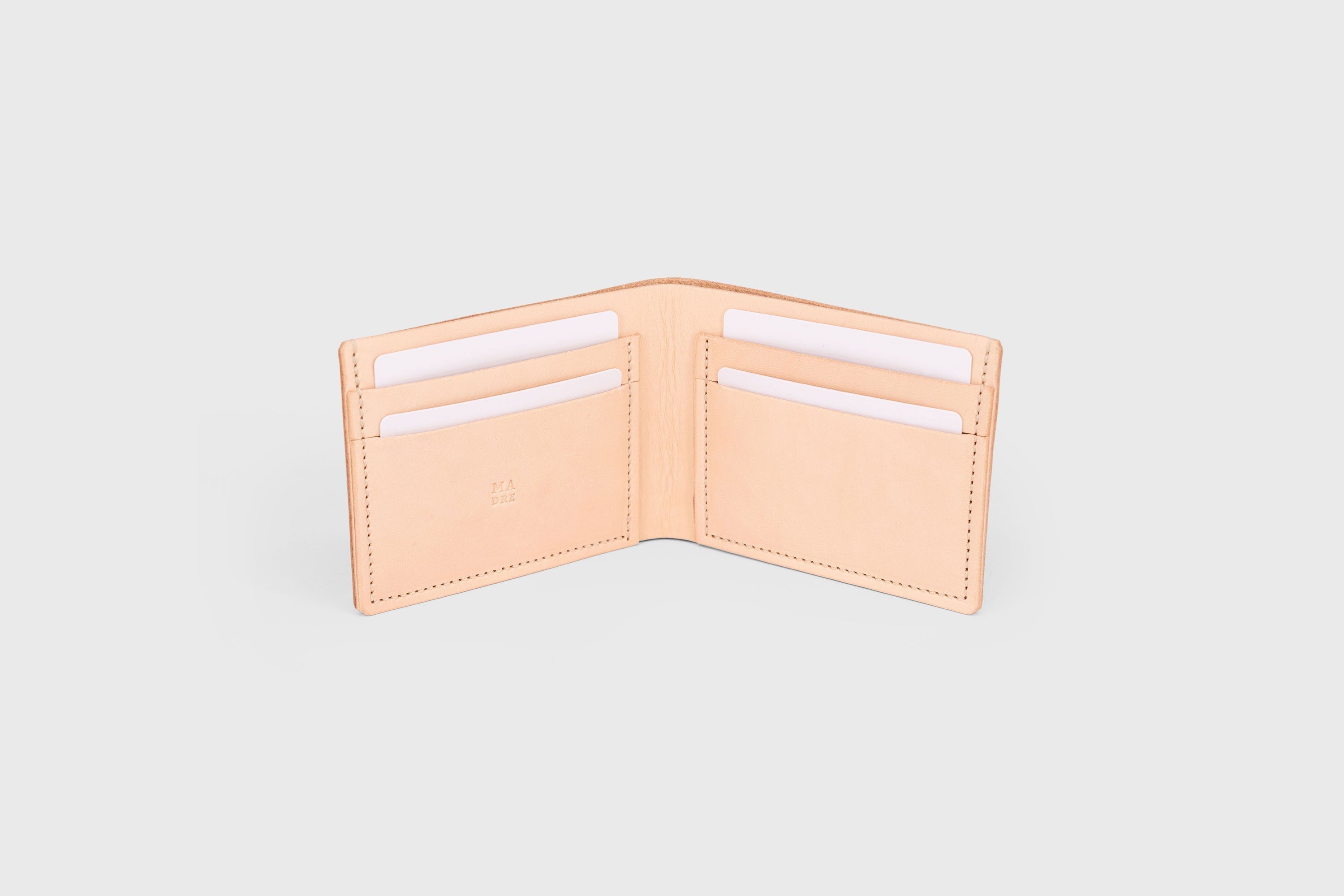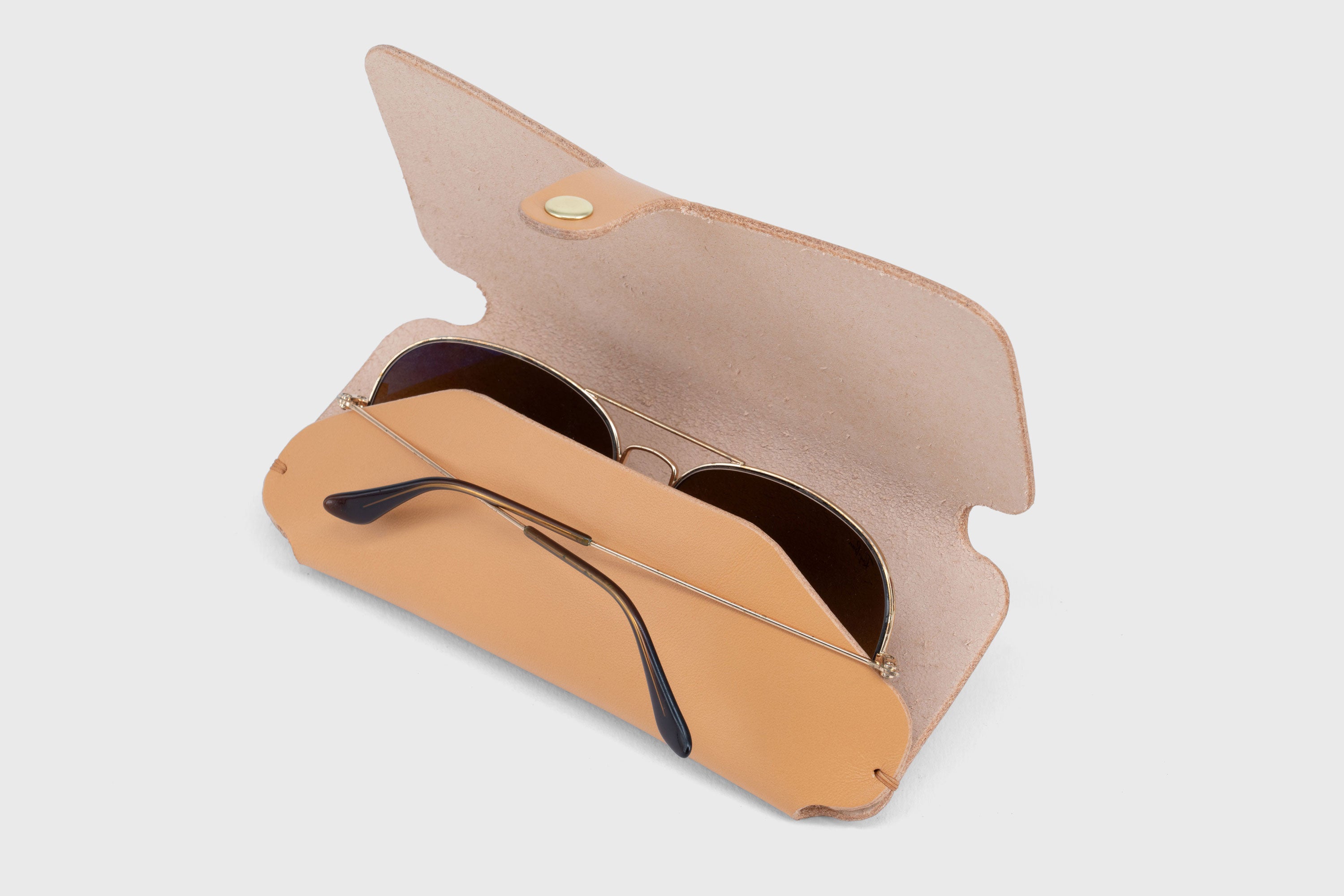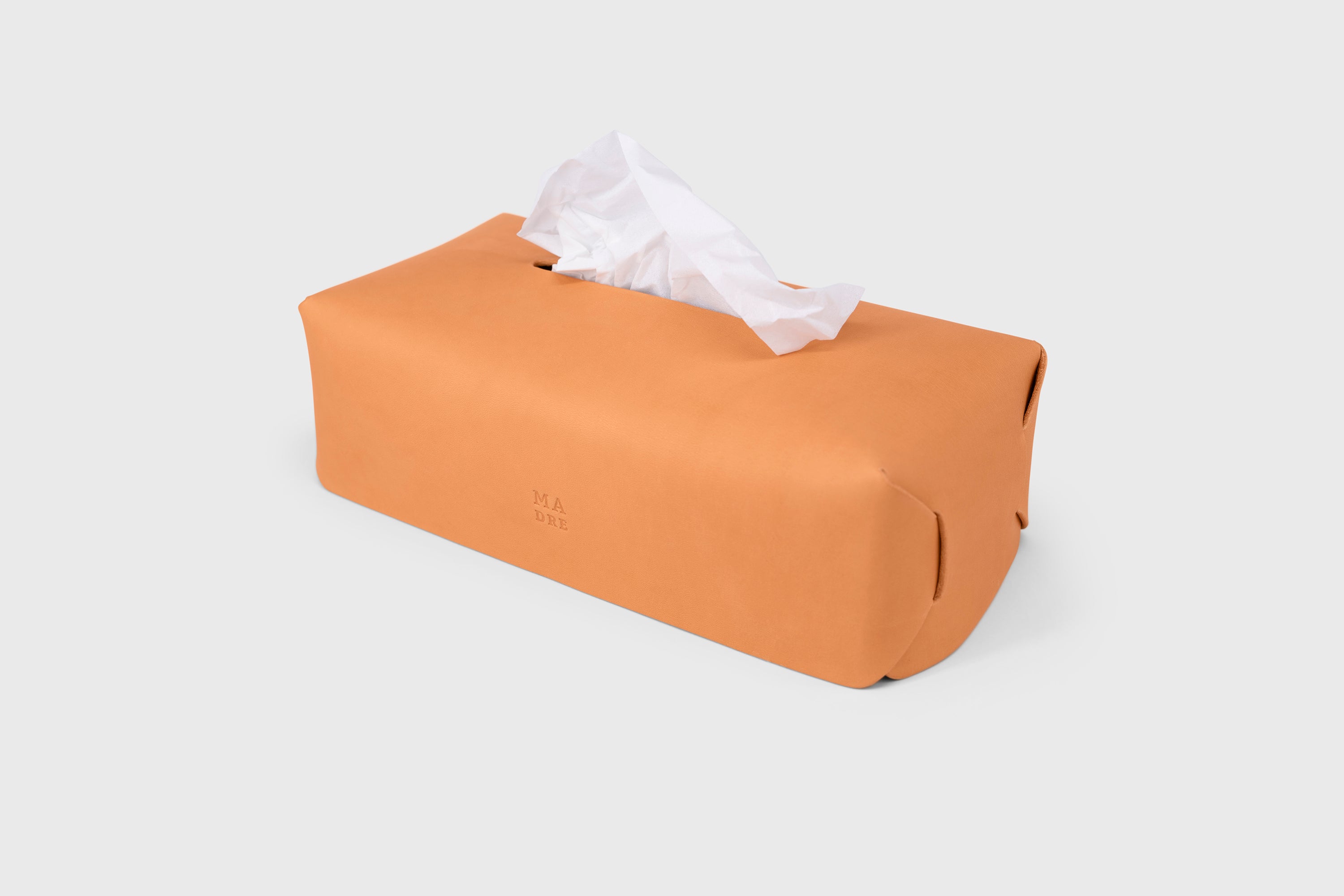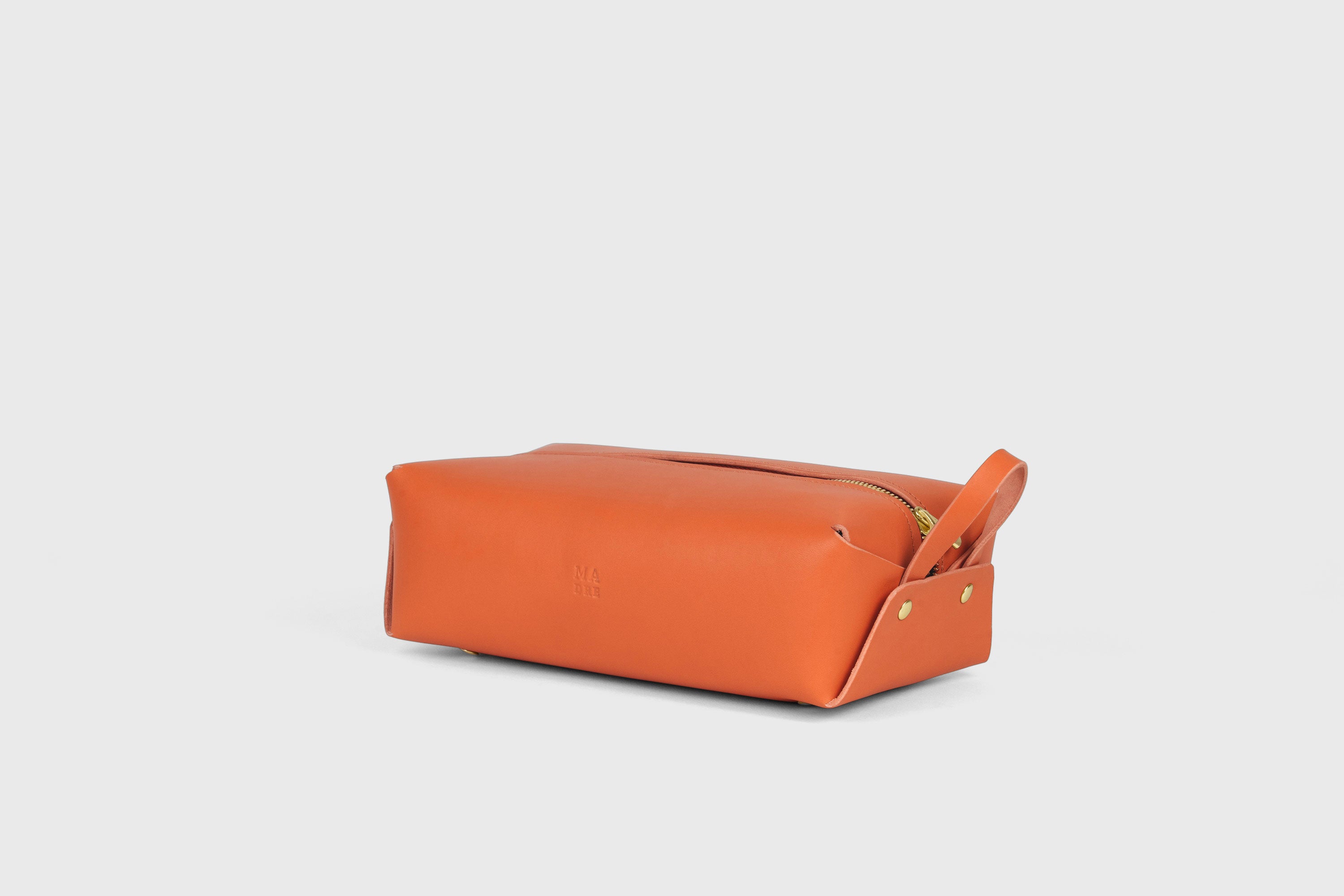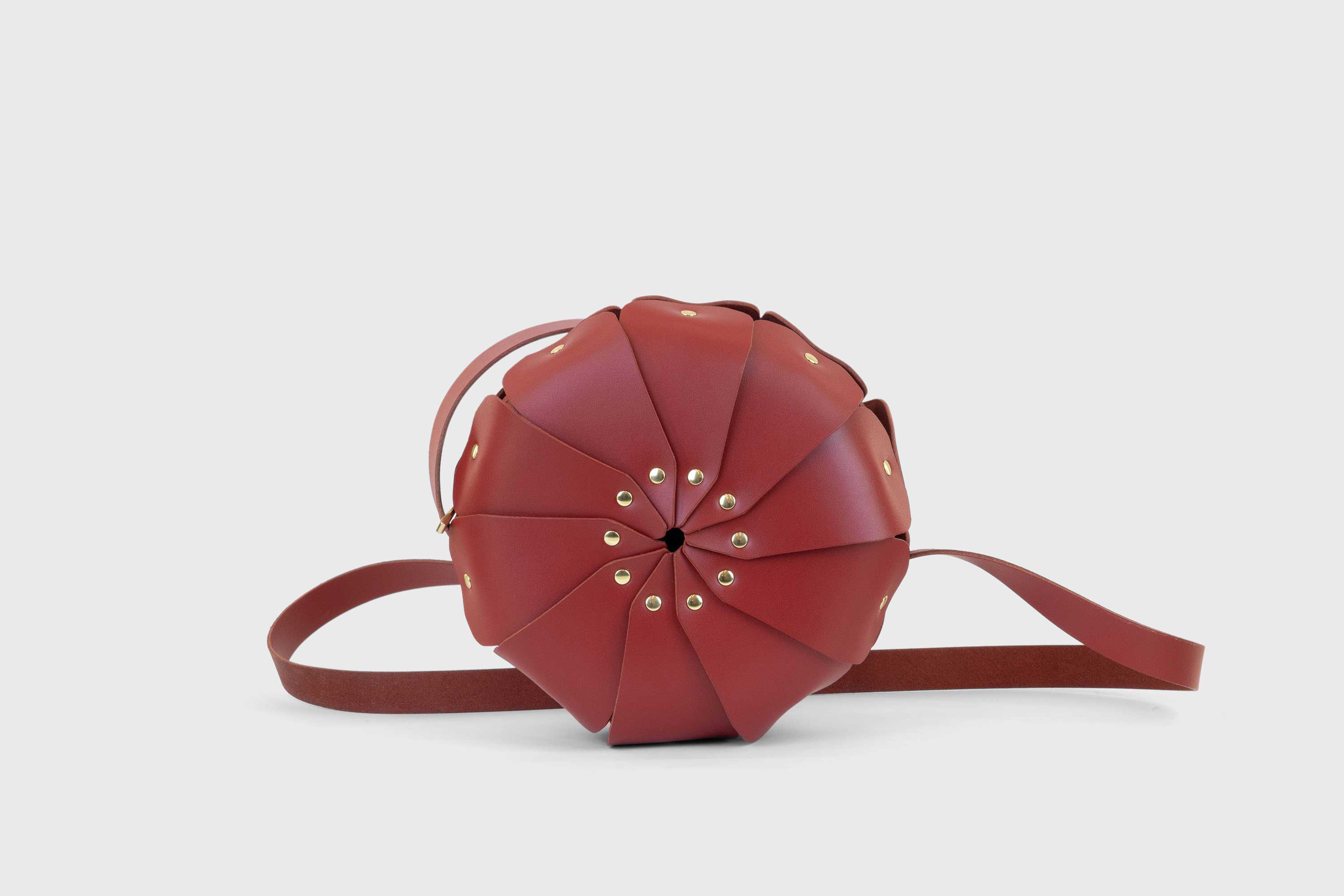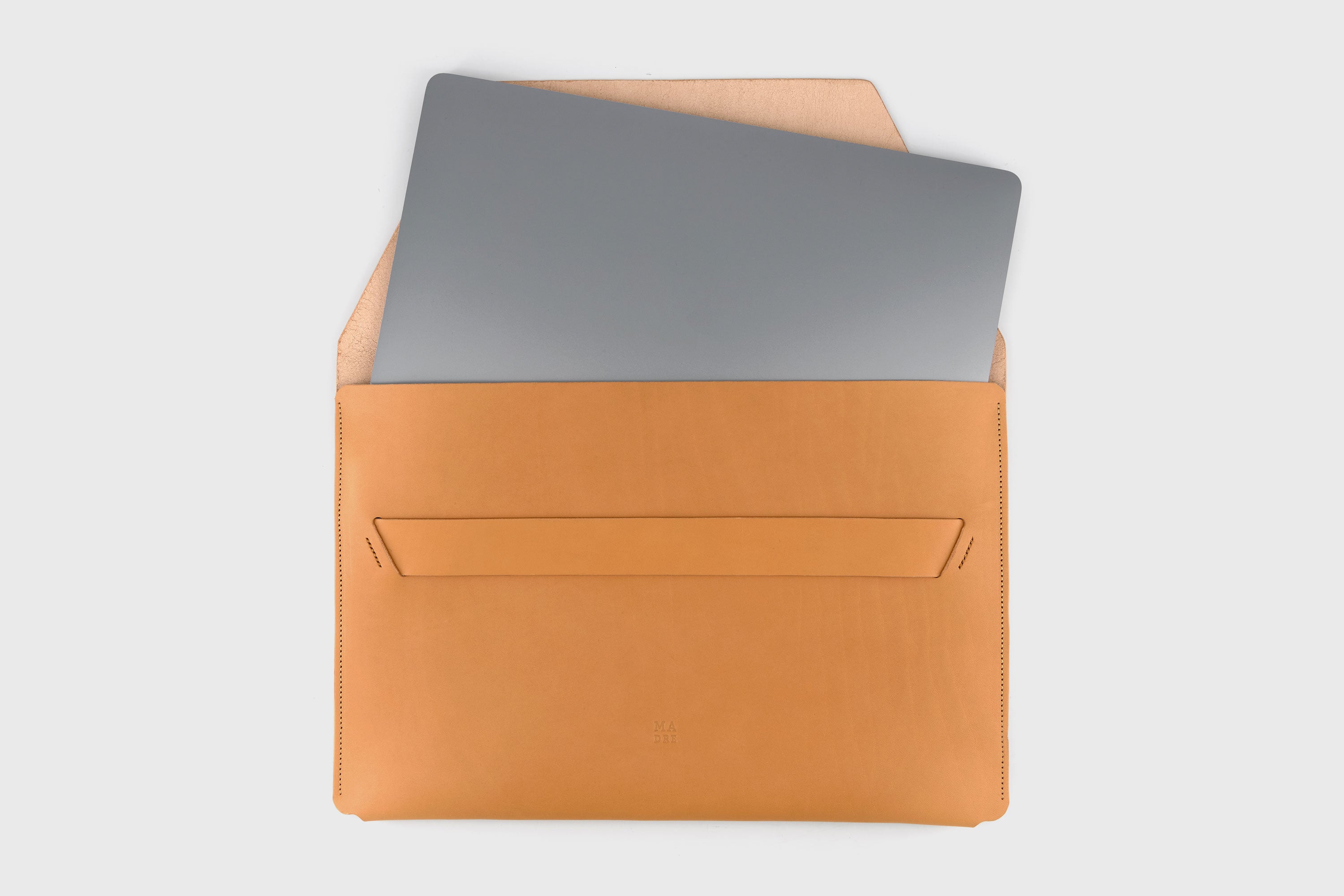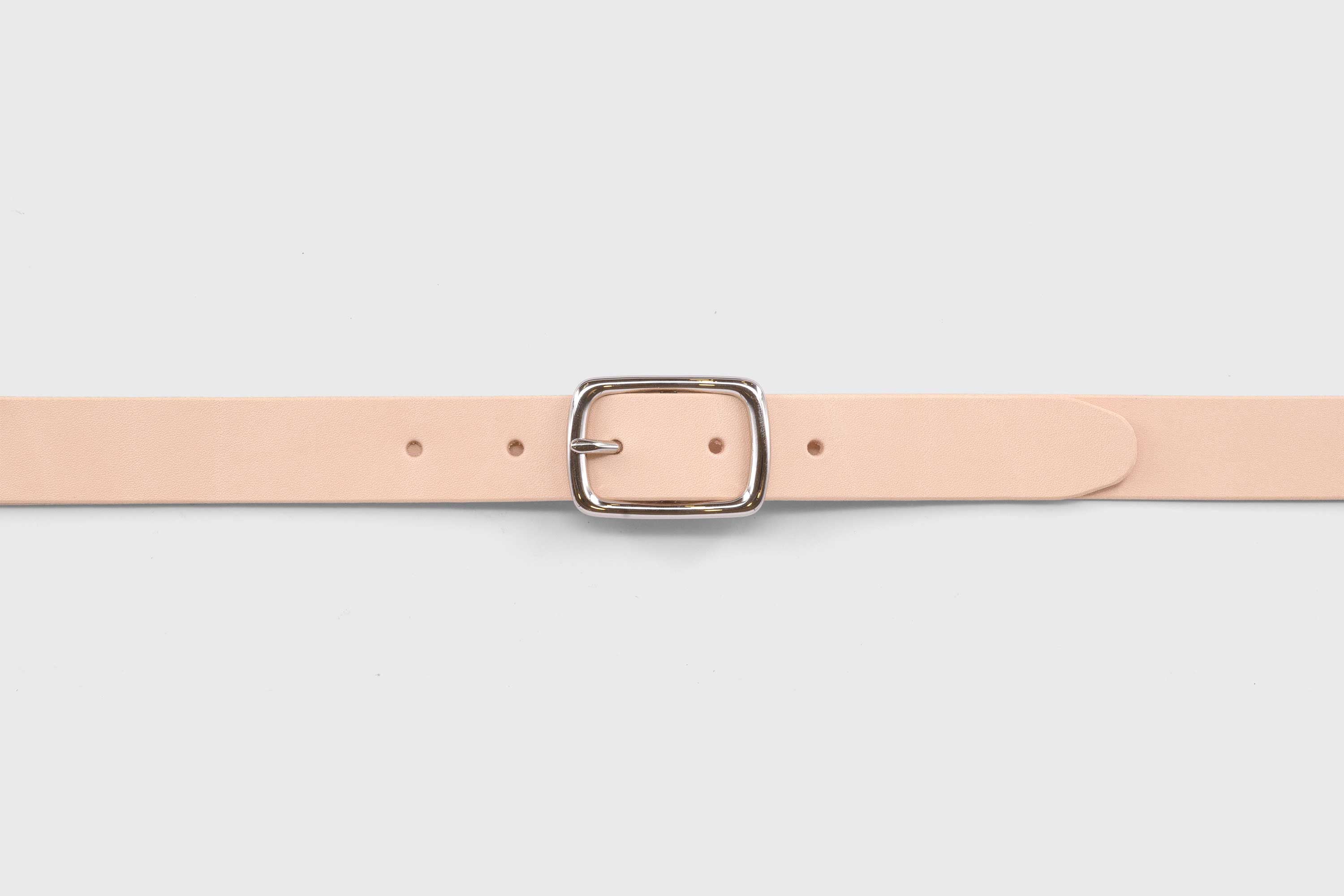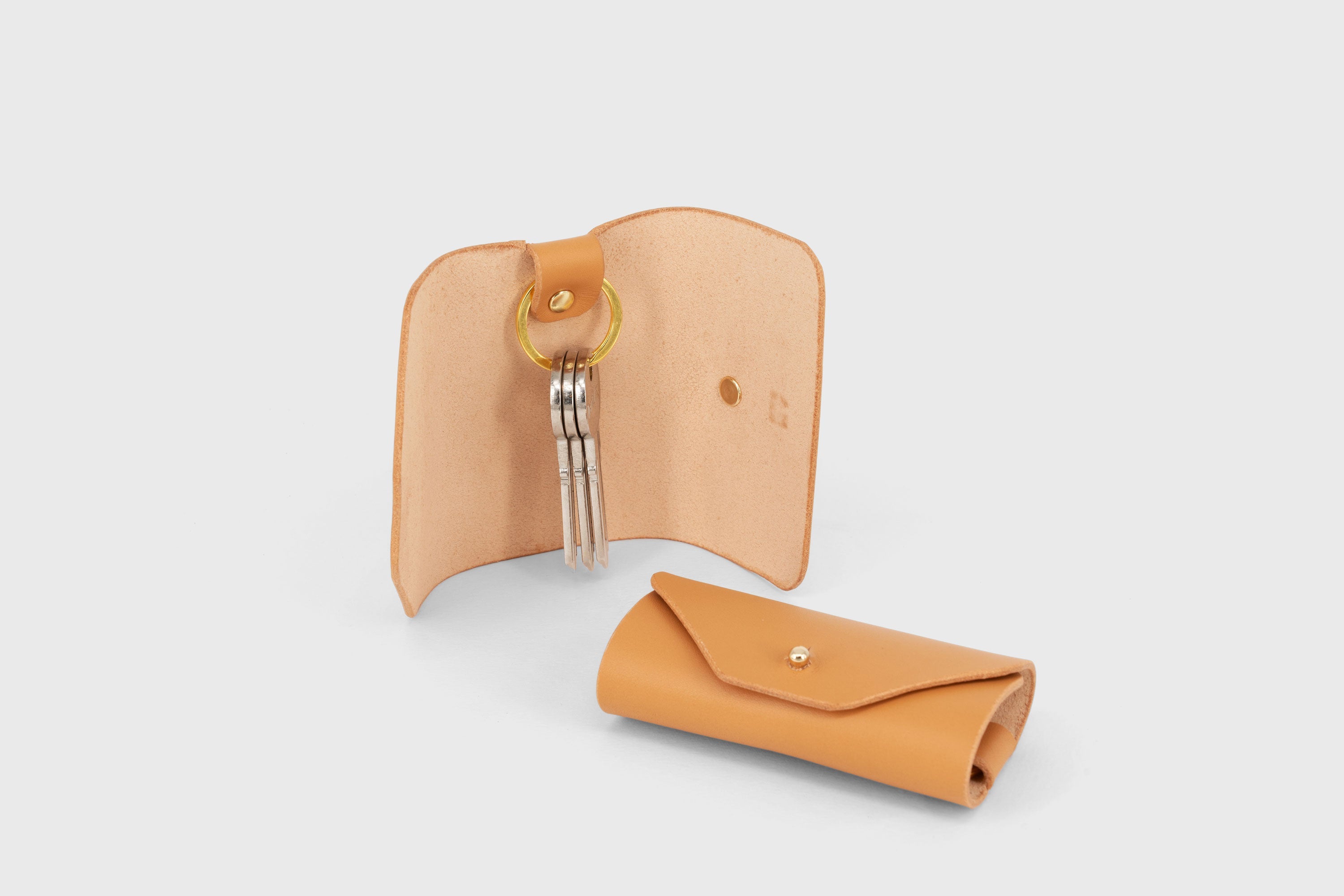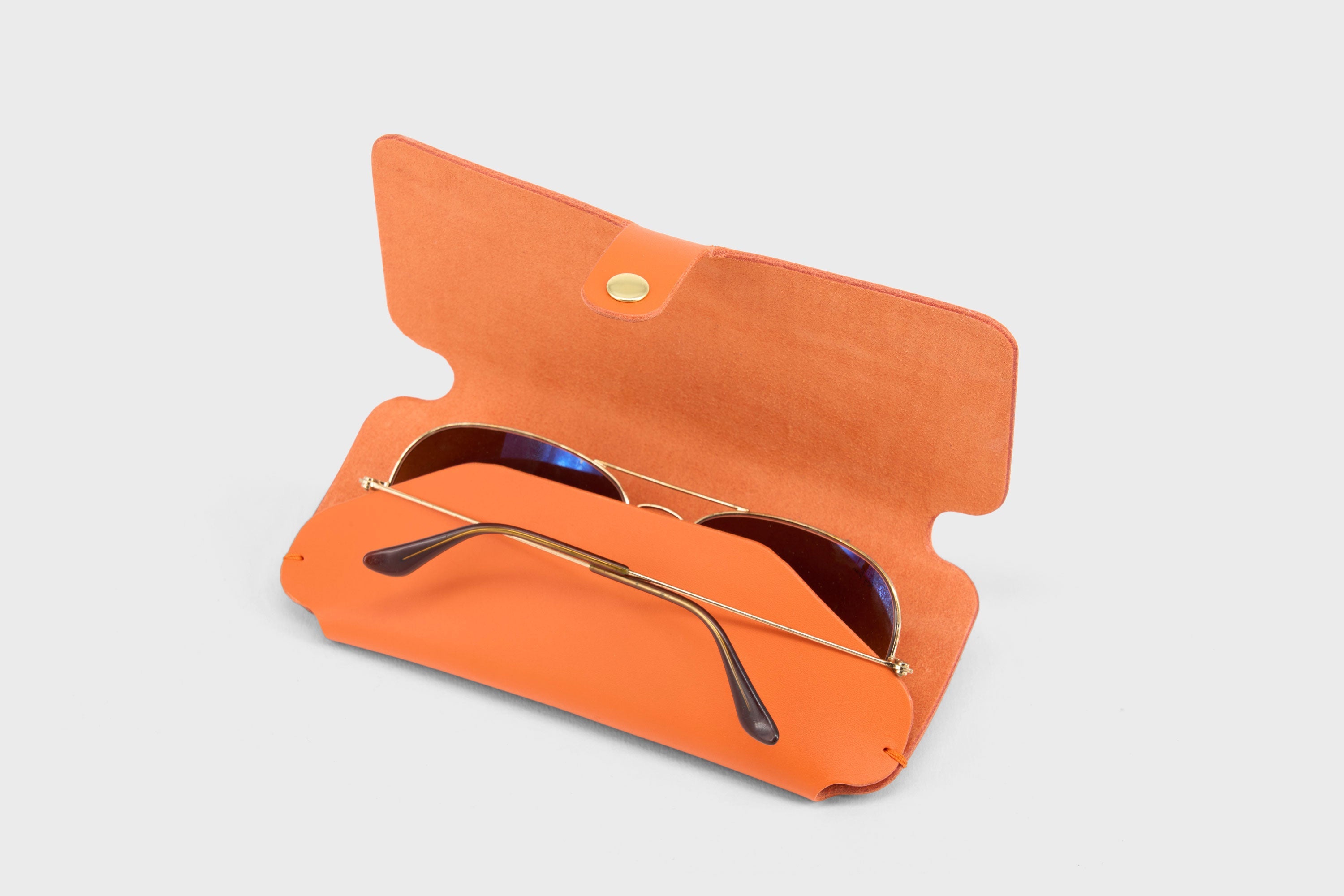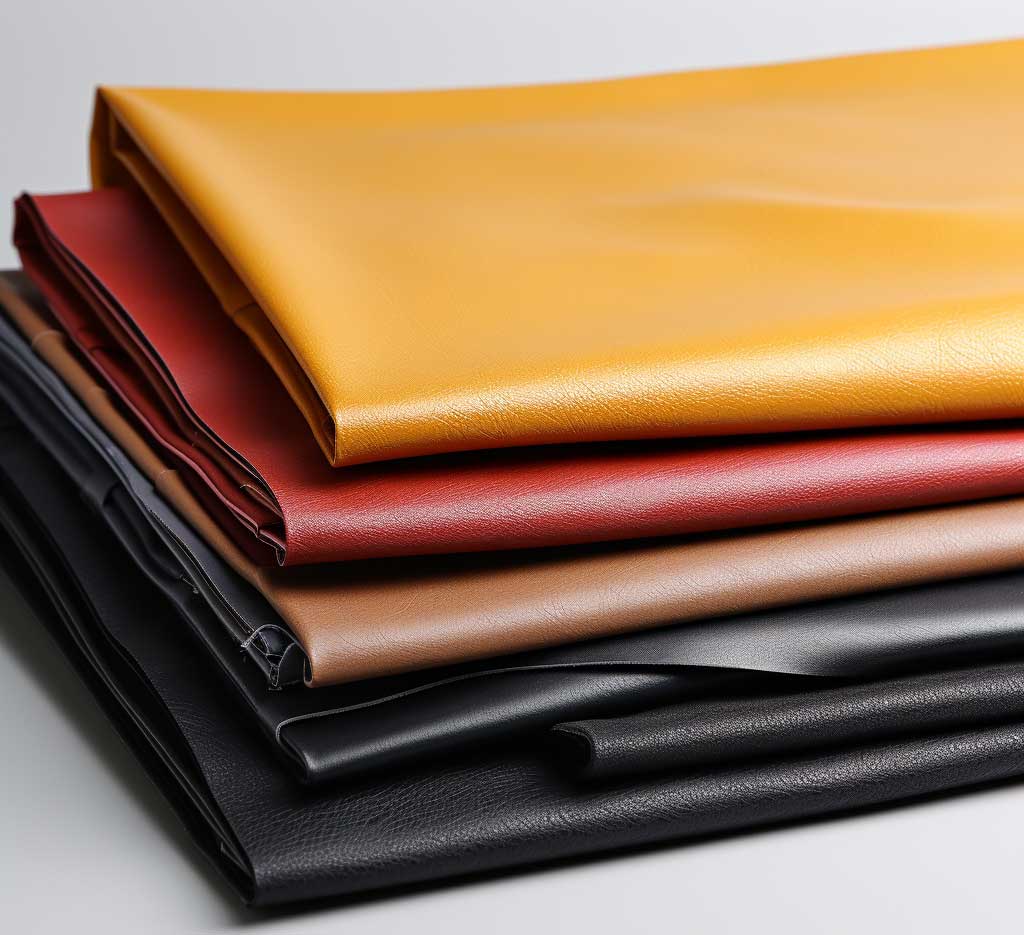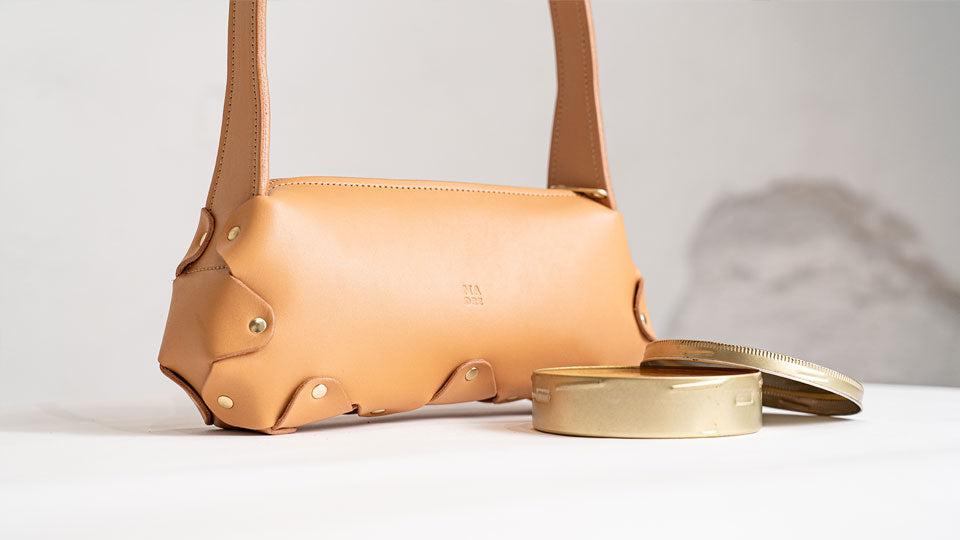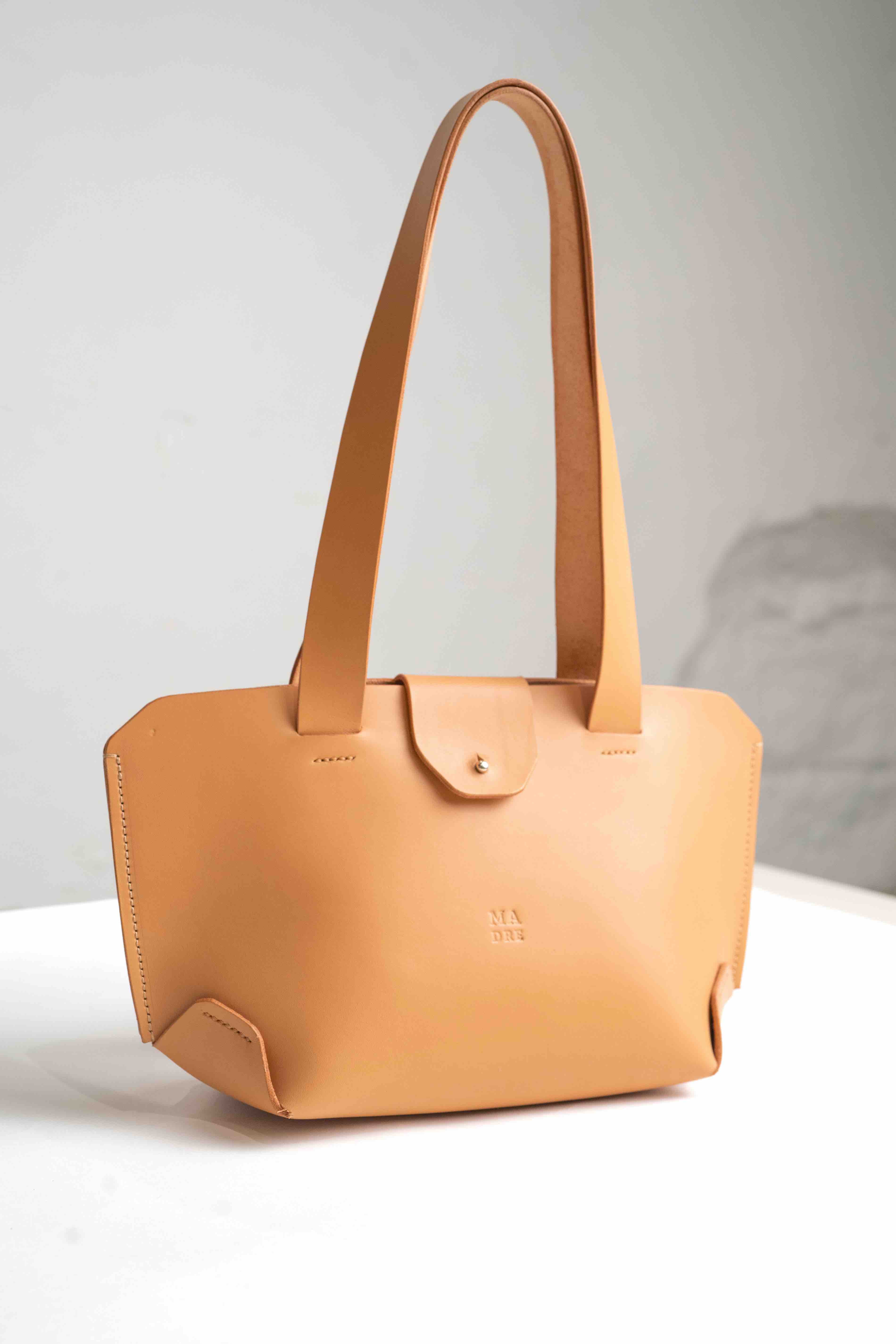
Seasonal Leather Care - Conditioning in September
Autumn's effect on leather
As the weather changes, leather tends to lose moisture faster than usual. Lower humidity pulls natural oils from the hide, leaving the surface dry and prone to micro-cracks. Temperature swings make leather expand or contract, which exaggerates creases if the fibers aren’t nourished.
A few minutes of your time now will prevent stiffness, dull patches, and surface cracks later. Follow this simple three-step conditioning routine, plus read about mistakes to avoid, additional advice, and FAQs.

What you’ll need
-
2–3 soft, dry cloths (microfiber or cotton)
-
A leather-formulated conditioner for smooth leather (for suede & nubuck leather, use a specific-leather product)
-
20–30 minutes of patience for absorption time
Patch test first. Try the conditioner on a hidden area to check for darkening or any other finish changes.

The 3-step conditioning guide
Step 1: Clean
Wipe the leather with a soft, dry cloth to remove dust and dirt, especially along the stitching and handles
Additional tip: Skip wet wipes or household cleaners, as they can strip finishes.

Step 2: Condition lightly
Place a pea-sized amount of conditioner on a clean cloth. Work in small circles, thin and even layers to avoid buildup. Aim for a matte, uniform look (not shiny).
Additional tip: Fold the cloth tightly and apply section by section for an even finish.

Step 3: Wait & polish
Let the conditioner absorb for 20–30 minutes, then lightly polish with an unused cloth. This evens the surface and removes any trace residue.
Pro tips: Don’t chase a mirror shine. Healthy leather keeps a soft, natural finish.

Common mistakes to avoid
-
Applying the conditioner directly onto the bag. Always apply the product to the cloth first, then work in.
-
Conditioning weekly. Too frequent causes buildup and a sticky feel. Once a month is plenty for regularly used pieces.
-
Skipping the wait. If you polish too soon, you just push conditioner around.
After conditioning: protection & daily habits
-
Water-repellent (optional): Once the leather is fully dry, apply a light, even coat of a leather-safe spray. Reapply every few weeks with regular use.
-
Shape & store: When not in use, close zips/clasps, and rest it upright in a breathable dust bag.
-
Rotation: Give heavily used pieces a day off between wears, so fibers bounce back better.
Did something go wrong?
-
Patch looks darker after conditioning:
Likely natural oil uptake. Let it rest overnight; most slight darkening evens out. If you skipped the patch test and it remains too dark, consult a professional before adding more product. -
Streaks or cloudy look:
You may have used too much conditioner or polished too soon. Wipe with a clean, dry cloth, let rest, and then apply a very thin pass to even the surface. -
Colour transfer from clothing:
Difficult to remove safely at home, speak to a leather specialist.
FAQs
How often should I condition a leather bag?
In autumn, about once a month, for pieces in regular rotation. If the leather looks nourished, you can wait longer; if it looks dry or feels squeaky, condition sooner.
Is shiny the goal?
No. Healthy leather keeps a soft, natural luster. High gloss often means residue or wax build-up.
Which conditioner should I choose?
Pick a leather-formulated conditioner for smooth leather. Avoid all-purpose household polishes. Always patch test first.
Can I use the same routine on suede or nubuck?
No, use suede-specific products and a suede brush. Standard conditioners can flatten and stain.
Will conditioning change the colour?
Some leathers darken slightly when hydrated. A patch test tells you what to expect. Thin layers minimise change.
How do I care for straps and handles?
They get the most contact. Clean lightly, condition in very thin passes, and allow full absorption before use.
What about belts, wallets, and sleeves?
The same steps apply, just scale the amount down. For wallets and sleeves, use a minimal amount of product to avoid a sticky feel.
Do I need to clean before every conditioning?
Yes, at least a dust/wipe. Conditioning over dust can cause micro-abrasion.
Summary
-
Prepare 2-3 soft and dry cloths.
-
Choose a leather-formulated conditioner.
-
Wipe dust from panels, stitching, and handles.
-
Patch test on the hidden area first.
-
Apply a pea-sized amount of conditioner on a cloth.
-
Work in small circles and create a thin & even layers.
-
Wait 20–30 minutes.
-
Polish for a subtle glow.
Two minutes now saves you hours later. A thin & even conditioning keeps leather relaxed through cooler mornings and surprise rain showers.


